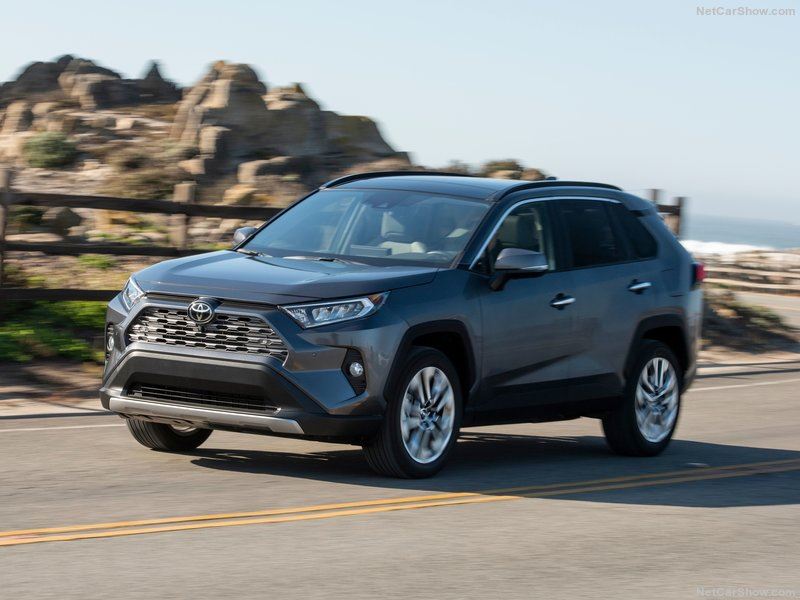Swaziland Vehicles Market is struggling hit by the fall of mineral prices, decline in the tourism and transport sectors. Sales kept declining in 2018 with 1.801 units sold, losing 18.3% from the previous year. Toyota led the market with 27% of share.
Surrounded by South Africa, except for a short border with Mozambique, Swaziland depends on South Africa for 60% of its exports and for more than 90% of its imports. Swaziland’s currency is pegged to the South African rand, effectively relinquishing Swaziland’s monetary policy to South Africa.
Mining has declined in importance in recent years. Coal, gold, diamond, and quarry stone mines are small-scale, and the only iron ore mine closed in 2014. With an estimated 40% unemployment rate, Swaziland’s need to increase the number and size of small and medium enterprises and to attract foreign direct investment is acute. Overgrazing, soil depletion, drought, and floods are persistent problems.
Economic growth in 2018 was hampered by weak recovery in the raw materials extraction sector, a slowdown in the production sector, and contraction in the services sector. Agriculture has not yet fully recovered from the 2015/16 drought, and mining has declined.
Swaziland New vehicles market never took off so far and the 95% of vehicles circulating in the roads are imported used cars, arriving from South Africa. New vehicles sales hit a record of 2.812 units in the 2013 before to decline back at 2.237 in the 2016 and at 2.204 (-2.3% ) in the 2017.
In the 2018, the market kept the recent years’ negative tone, ending with 1.801 sales, losing 18.3%.
| Sales 2012 | Sales 2013 | Sales 2014 | Sales 2015 | Sales 2016 | Sales 2017 | Sales 2018 | |
|---|---|---|---|---|---|---|---|
| Car+LCV | 2.641 | 2.812 | 2.831 | 2.127 | 2.257 | 2.204 | 1.801 |
| 2012 var | 2013 var | 2014 var | 2015 var | 2016 var | 2017 Var | 2018 var | |
|---|---|---|---|---|---|---|---|
| Car+LCV | -53,4% | 6,5% | 0,7% | -24,9% | 6,1% | -2,3% | -18,3% |
At brand wise, in the 2018 the market leader was again Toyota with 486 sales (-22.5%) with 27% of market share.
Market Outlook
After hitting the All-time record in 2013, the Swaziland’s market embarked on a negative pathway. However, sales are expected to recover in the long-run and are seen to be positive in the 2019-2025 period of time.
Being interested to know more, give a look at this updated research. Clicking on the picture, you can see contents.









